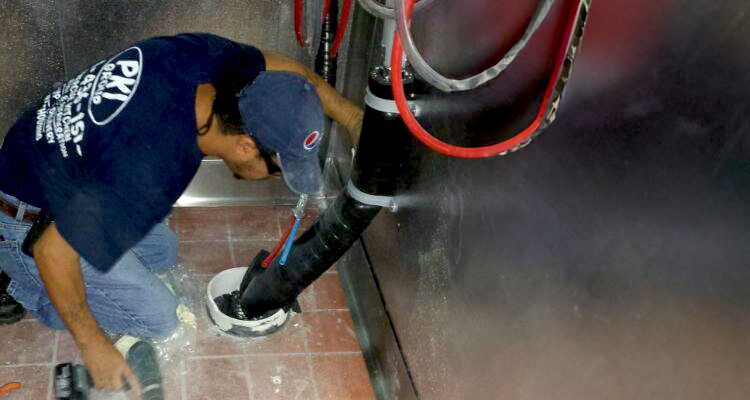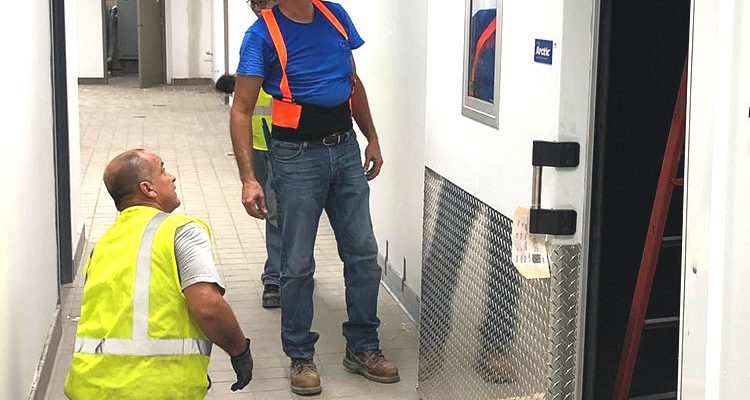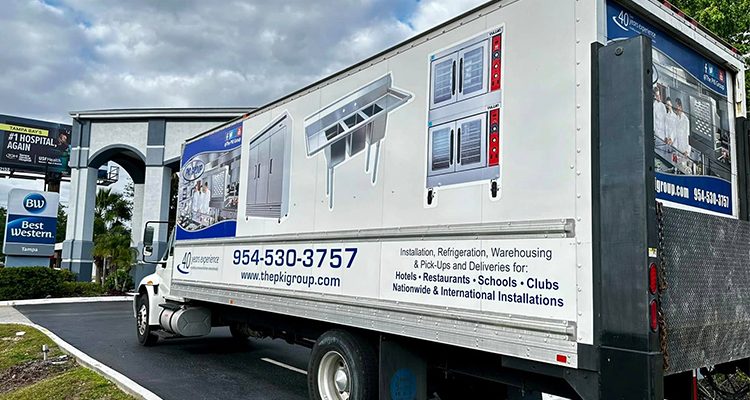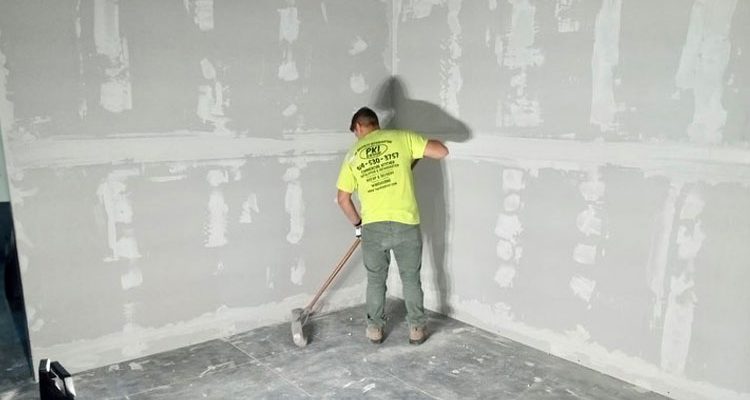In the bustling world of the restaurant and hospitality industry, a kitchen isn’t just a place where food is prepared—it’s the beating heart of the business. But before you can create a modern, efficient kitchen that serves customers and fuels success, there’s one critical step that often gets overlooked: the demolition of outdated equipment.
Demolition is more than just tearing down walls or removing old appliances. It’s a precise, strategic process that sets the stage for a smooth and safe installation. From removing bulky, worn-out ovens and grease-laden exhaust hoods to dismantling refrigeration units and decommissioning gas lines, every task must be handled with expertise, care, and a deep understanding of building codes and safety regulations.
Imagine trying to build a state-of-the-art kitchen on top of an outdated, inefficient layout. It’s like trying to fit a square peg into a round hole. Without proper demolition, you risk costly delays, structural challenges, and even potential safety hazards down the line. A successful commercial kitchen upgrade starts by clearing the slate—removing obstacles, evaluating space requirements, and ensuring every inch of your kitchen is optimized for the new equipment’s demands.
But demolition isn’t just about what you take out; it’s about how you take it out. Careless removal of old equipment can damage plumbing, electrical systems, or structural supports—leading to unexpected expenses and headaches during installation. That’s why professional demolition teams approach every project with a meticulous plan, ensuring that old equipment is safely removed without compromising the integrity of the space.
The PKI Group – Successful Commercial Kitchen Demolition
For businesses looking to upgrade their commercial kitchens, partnering with an experienced team is key. The PKI Group specializes in demolition and installation services tailored to the unique needs of commercial kitchens. With years of expertise, The PKI Group handles every step of the demolition process with precision and care, making sure your space is ready for the seamless integration of new equipment. Whether you’re remodeling a restaurant, cafeteria, or hotel kitchen, you can count on The PKI Group to help you transition from the old to the new—efficiently, safely, and on time. Call for Commercial Kitchen Demolition at 954-530-3757




